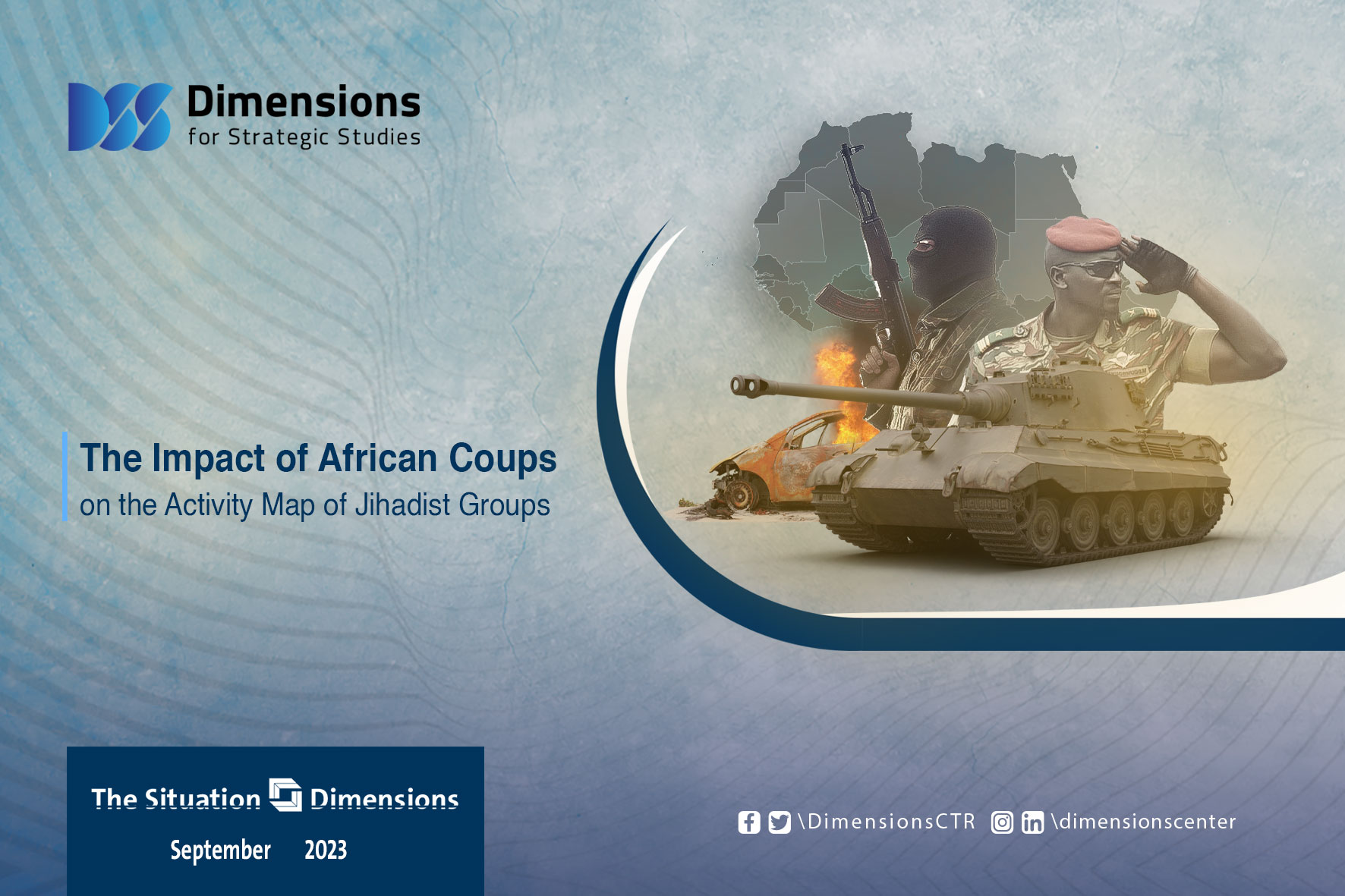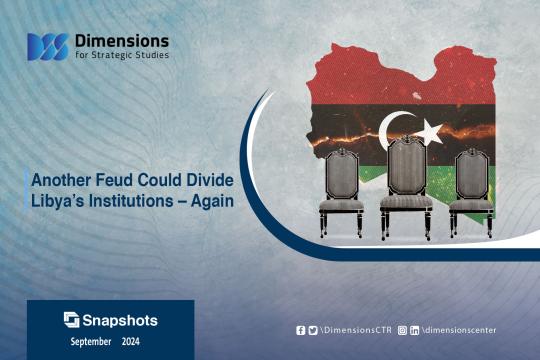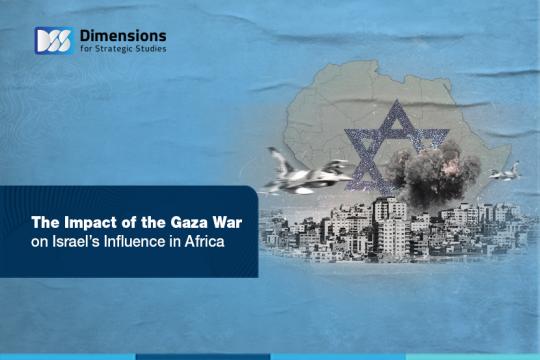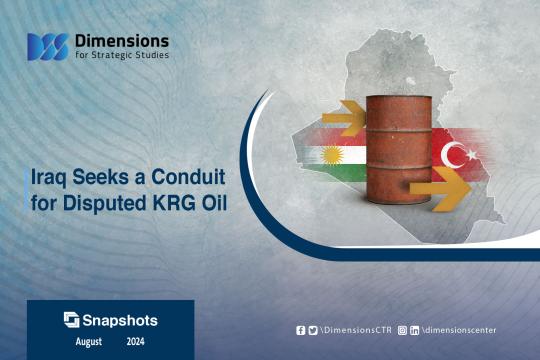
The Impact of African Coups on the Activity Map of Jihadist Groups
2023-09-13108 view
Since 2020, Western and Central Africa have experienced eight coups in various countries, such as Guinea and Chad, followed by coups in Mali, Burkina Faso, Niger, and most recently Gabon. These coups have coincided with a growing influence of "jihadist" groups in the Sahel and West African countries, imposing heightened security challenges on the coup authorities in these nations.
The pattern of coups is making its mark on the international stage, reminiscent of the Arab Spring a decade ago, complete with its security implications—both "jihadist" and local—as well as its effects on the foreign policy of the region. In the same vein, attention should be given to the activities of extremist groups in Africa, exploring how they capitalize on these coups and discussing the potential ramifications that could ensue in their wake.
The landscape of extremist "jihadist" organizations across the African continent reveals a spread of Al-Qaeda ideology in Eastern regions, notably in Somalia, Kenya, and Sudan. Conversely, in West Africa and North Africa, a tug-of-war is unfolding between the two predominant jihadist factions—ISIS and Al-Qaeda. In this conflict, it appears that the scales are tipping in favor of ISIS across North, Central, and West Africa, as well as in the Sahel region. The group is successfully attracting new recruits and expanding its territorial reach. Meanwhile, Al-Qaeda continues to maintain its grip on some of its traditional strongholds, such as in northwest Burkina Faso, and central and western Mali.
The fragile security situation across the African continent has emboldened ISIS to establish a broad sphere of influence in some areas adjacent to Al-Qaeda strongholds, as well as in regions where it had no prior presence. Examples include southern Libya, where ISIS is attempting to re-expand, as well as southern Niger, northeastern Nigeria, northern and eastern Mali, and northeastern Burkina Faso. Meanwhile, ISIS has also established a significant presence in Mozambique, certain regions of Tanzania, and the Congo. Indicators suggest that the organization is looking to extend its reach into Burundi as well.
It's noteworthy that ISIS, even as its activities have somewhat waned in both Iraq and Syria, is making concerted efforts to solidify its presence in central and west Africa. This underscores the group's intention to capitalize on the deteriorating security conditions in Sudan, as well as the ripple effects of declining security in Mali, Burkina Faso, and most recently Niger.
Jihadist organizations can benefit from this upheaval in two key ways: firstly, by expanding ISIS's operational footprint and recruiting more fighters into its ranks; and secondly, by confronting Al-Qaeda to prevent it from making gains on the continent, given that it is ISIS's most prominent ideological rival globally. This has manifested in reality through recurrent clashes and mobilizations between the two factions since 2020, especially in areas where their spheres of influence overlap, such as in Mali, Burkina Faso, and Niger. These confrontations have resulted in dozens of casualties on both sides.
It's likely that the deteriorating security situation and the grievances that may be exacerbated by coups will further fuel the financing and recruitment capabilities of jihadist organizations. This includes the levies these groups impose on smuggling networks, farmers, and commercial traffic in areas under their control.
In addition to the aforementioned factors, the weakened military structures, fragile security apparatus, and vulnerable state institutions and local communities across many parts of Africa have paved the way for jihadist organizations to secure numerous local allies. These allies are often willing to pledge their allegiance in exchange for either financial backing or the promise of protection. This is particularly evident in the Democratic Republic of Congo, which has become a significant stronghold for ISIS in Central Africa. The region is rife with multiple armed groups, among them the "Alliance of Democratic Forces," which has declared its loyalty to ISIS and has emerged as one of the most formidable rebel groups in the Congo.
All in all, Africa is likely to see more coups in the near future, which in turn means that both Al-Qaeda and ISIS will continue to exert pressure on local tribes and communities. These groups will be pushing for allegiance within the context of their struggle for influence, or they may seek to turn these communities into financial gateways that generate additional resources and income for the two organizations.
Moreover, the vast areas where ISIS operates and its tactics in regions affected by coups suggest it might have a better chance at expanding its influence in the future. The organization aims to capitalize on the fragility of the political and security conditions in the continent to fill the void resulting from the decline of state institutions and their security apparatuses.





